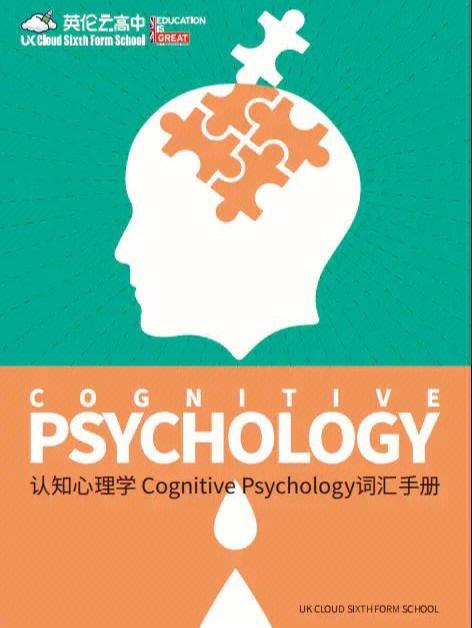英文心理学
英文心理学术语
Attention
Attention refers to the cognitive process of selectively concentrating on a particular aspect of information while ignoring other perceivable stimuli. It is crucial for various cognitive tasks such as learning, memory, and problemsolving.
Cognitive Dissonance
Cognitive dissonance occurs when an individual holds conflicting beliefs, attitudes, or behaviors simultaneously, leading to a sense of discomfort. This discrepancy often leads to a motivation to reduce the dissonance and bring cognitive harmony.
Classical Conditioning
Classical conditioning is a type of learning in which an involuntary response becomes associated with a particular stimulus. This process was first systematically studied by Ivan Pavlov and is often illustrated by the famous example of Pavlov’s dogs associating the sound of a bell with food.
Operant Conditioning
Operant conditioning, introduced by psychologist B.F. Skinner, is a form of learning in which the consequences of an individual’s behavior determine whether that behavior will be repeated in the future. It involves the use of reinforcement and punishment to shape behavior.
Schema
A schema is a cognitive framework or concept that helps organize and interpret information. Schemas can be useful in understanding new information and experiences but can also lead to biases and stereotypes.
Social Identity Theory
Social identity theory posits that individuals define their selfconcept based on their membership in various social groups. This theory helps explain intergroup behavior, such as ingroup favoritism and discrimination against outgroups.
Selfefficacy
Selfefficacy is an individual’s belief in their ability to succeed in specific situations or accomplish a task. This concept, developed by psychologist Albert Bandura, plays a significant role in motivation and behavior.
Working Memory

Working memory refers to the cognitive system responsible for the temporary storage and manipulation of information required for complex cognitive tasks, such as language comprehension, learning, and reasoning.
Psychosocial Development
Psychosocial development, as proposed by Erik Erikson, outlines a series of stages that individuals go through from infancy to late adulthood, with each stage presenting a unique psychosocial crisis that must be resolved for healthy development.
Emotional Intelligence
Emotional intelligence encompasses the ability to recognize, understand, regulate, and express emotions effectively. It also involves the capability to handle interpersonal relationships judiciously and empathetically.
Conclusion
This is just a small sampling of the extensive array of terms used in the field of psychology, and each term plays a vital role in understanding the complexities of human behavior and cognition.
以上是关于英文心理学术语的简要介绍��希望能对你有所帮助。如果你需要更多详细信息,欢迎继续向我咨询。











